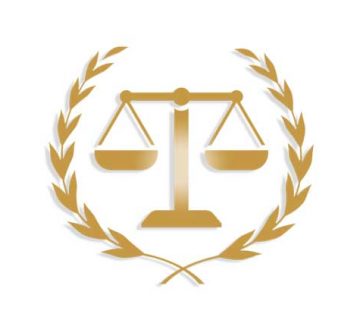“The necessity of establishing smart ports electronic network
Nabil Farag, Arab Union of Shipping adviser, stressed on necessity of changing our routine and barren procedures legislated in Egyptian ports that restrict and complex steps of shipping , operations of trading , documentation process and tracing of vessels along the trip instead applying electronic system of trading depends mainly on electronic link.
He added in an interview with «Money News» that our country with the Gulf have to include smart ports system in their trading to get all documents of shipment (shipping papers for the letter or shipment and commercial bills, certificates of insurance on goods, ship charter party Rent) easily.
Dr. Nabil also stressed on the need to establish electronic customs documents system to facilate made available, as well as customs clearance certificates electronically, after linking all departments and government departments and bodies of ports and customs on the one hand and shipping agencies and freight forwarders on the other hand, so are facilitating shipping procedures starting from the arrival of the consignment of the port until the time at customs clearance process.
Farag confirmed that the shipping agents and cargo suffer from the lack of information network on the progress of the goods shipped line, either from the beginning of the country of origin of the trucks move through the line and its progress until they reach the final for its purposes.
Farag pointed out that the establishment of information networks among Arab ports would achieve the protection of goods transported between these countries, as well as the inspection and verification of cargo shipped in all circulation stations, from the country of origin, while walking the line, and the end of the importing country, helping to reduce loss rates or damage to cargo transported or exploited to serve the terrorist groups, through the arms and ammunition smuggling, in order to achieve in the end, for all the Arab countries of national security.
Farag also pointed out that the application of an electronic link between the ports customs system would prevent the circumvention of operations in the import and export operations, as easily identity really reveal the recipients of goods by ensuring that documents sent health and not rely on forged documents. Faraj says: “the application of this system will provide real information about the shipment and its owner and Hahnha and Customer Solutions and importer and specifically of the right holder to receive, leading to the detection of money laundering and dumping goods illegally operations.
He Federation of ocean carriers adviser to the linkage Customs electronically allows the transfer and update this data and information on the goods directly from the country of origin documentation for shipments due customs by fees, including the bill of lading and purchase invoices and certificates of origin, Vetotiq this data all from the state of origin or the source of the shipment electronically completely prevent smuggling customs operations, and puts the shipping agent is immune from legal accountability, it also reduces the imposition of customs evasion and loss of money to the states.
Farag also stressed the necessity of activating the electronic signature No. 15 for the year 2004 in Egypt Act, as well as the activation and implementation of the electronic signature of all the Arab countries laws, which require dealing with documents and electronic documents, the most important bill of lading and the rest of Navy documents, all customs documents at the launch of the smart ports system to avoid significant legal problems.
It is worth mentioning, that even now is still the Egyptian courts and courts in many Arab countries, does not recognize the documents and electronic documents in circulation, if a legal dispute occurred and erected a lawsuit based on the documents and electronic documents will be doomed to rejection and non-acceptance of the non-recognition of these documents and electronic documents before the Egyptian courts.
And the legal rules that define the responsibilities and the shipping agent for the goods shipped by road Maritime, Farag says: Maritime Trade Act No. 1990/8 put some to be followed by the shipper or his agent when shipping goods to the shipping carrier to determine who was responsible for these goods legal rules, the Article 205 of the same law that the shipper submit written statements relating to the goods when it is delivered to the carrier, and restrict this data in the bill of lading, and the transmission reservations on charged that he had serious reasons to doubt the authenticity, or did not have a regular means to confirm them, and remember the reasons for the reservation alive data in the bill of lading.
Article 206 of the Merchant Marine Act also stipulates that: “The shipper is responsible before the carrier for compensation for damage arising from lack of data provided by the goods if a waiver of the bill of lading to the health of others.”


